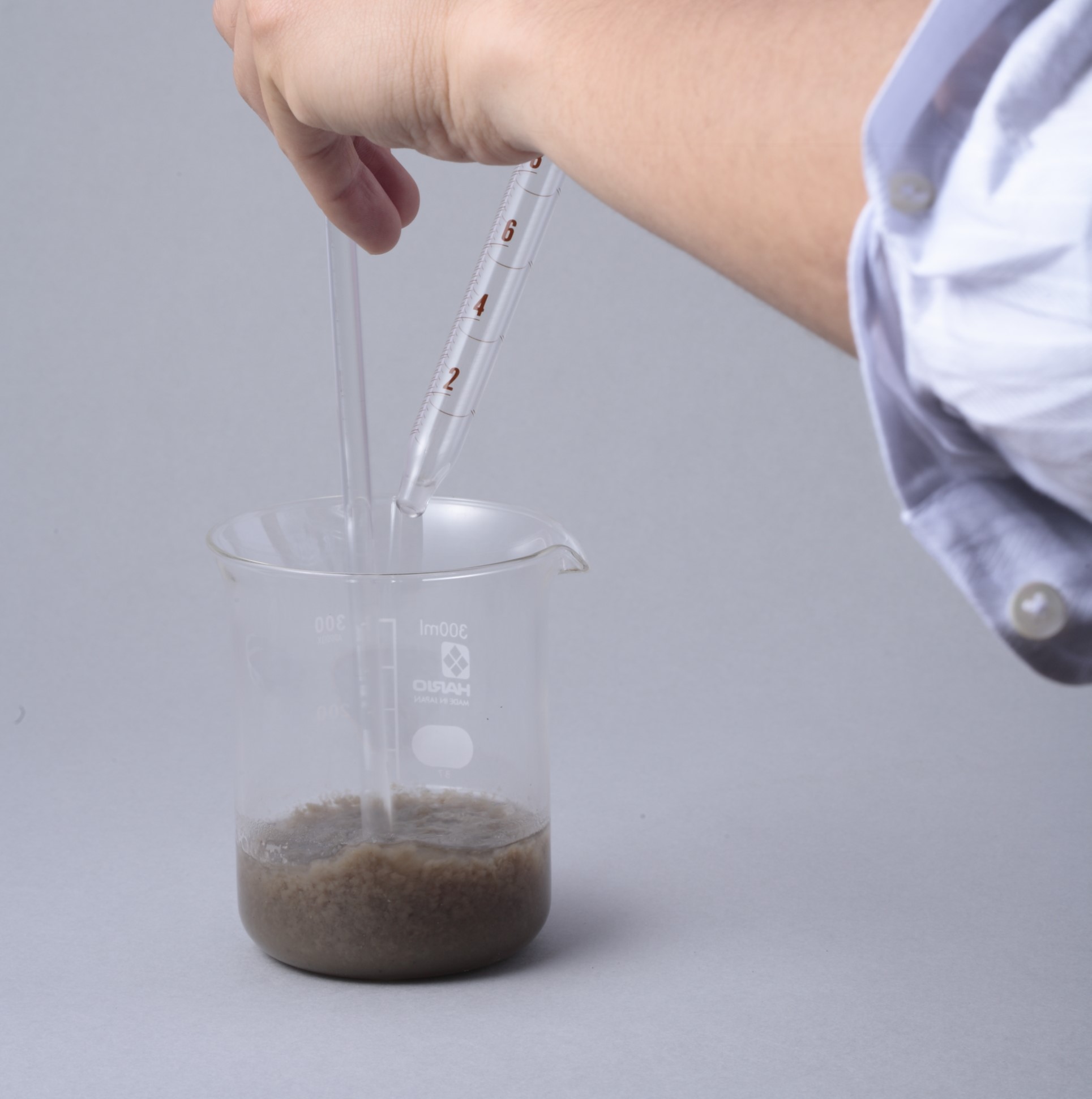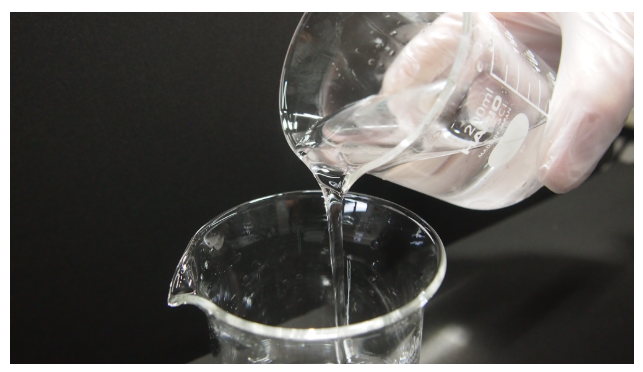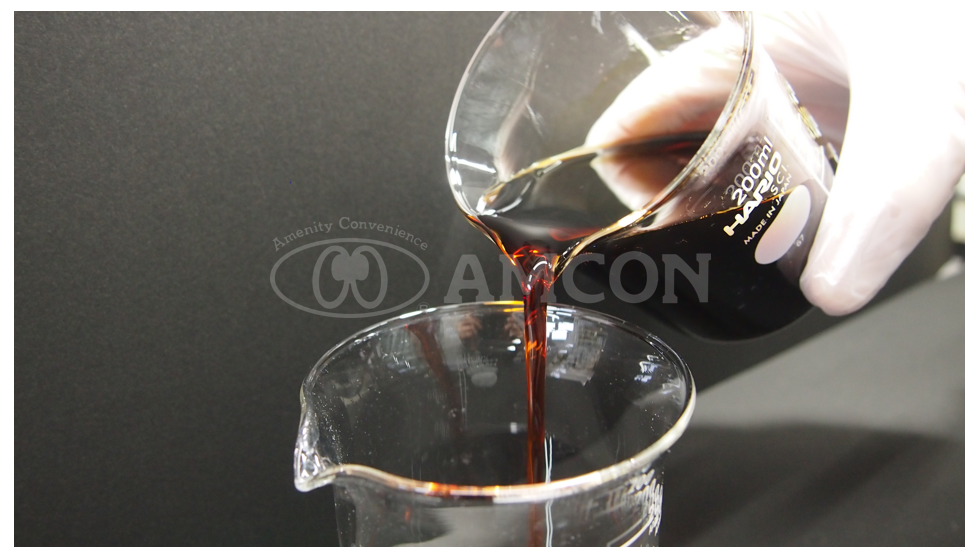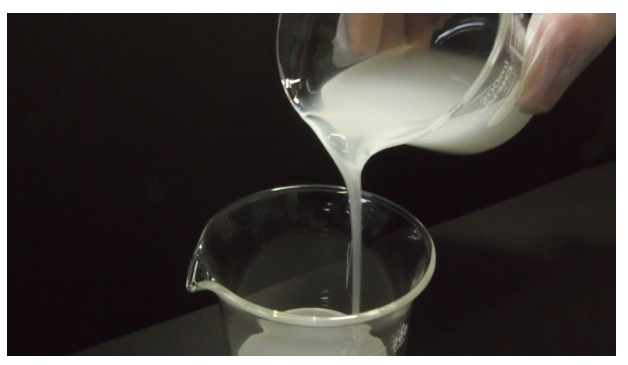
This article aims to provide an in-depth look at coagulants, a type of water treatment chemical. Coagulants play an essential role in sludge treatment, with treatment effectiveness being highly dependent on selecting the appropriate type of chemicals tailored to your specific needs. Understanding the varieties and characteristics of coagulants allows for a more effective sludge treatment.
Contents
What are Water Treatment Chemicals?
Water treatment chemicals are a collection of substances used to improve and maintain water quality. These chemicals serve various purposes, from purifying wastewater and industrial effluents to ensuring the upkeep of safe drinking water. They’re also used for managing the water quality of boilers and cooling systems.. As you can see, water treatment chemicals are vital in protecting our health and the environment.
Importance of Water Treatment Chemicals
Water treatment chemicals are essential for:
- Improving water quality: Contributing to the removal of impurities and enhancing water clarity.
- Health protection: Improving public health by eliminating pathogens.
- Resource preservation: Supporting the sustainable usage of water through correct water quality management.
Roles of Chemicals in Water Treatment Processes
| Process | Chemical | Purpose |
| Coagulation & Sedimentation | Coagulants | Aggregates fine particles for sedimentation |
| Sterilization | Disinfectants | Eliminates bacteria and viruses |
| pH Adjustment | pH Adjusters | Regulates acidity or alkalinity |
| Scale Prevention | Scale Inhibitors | Prevents solid precipitate formation |
Coagulant types and their functions
Coagulants gather fine solid particles or colloidal substances into larger clusters (aka: flocs), which aid in settling or separating particles. They are essential in sludge treatment, wastewater treatment, and water purification. By selecting the right coagulant, dewatering efficiency can improve, reducing the overall treatment costs.
Inorganic Coagulants
Inorganic coagulants are metal salt-based agents. Common types include polyaluminum chloride, ferrous sulfate, and aluminum sulfate.
Polyaluminum Chloride (PAC)

A high-capacity inorganic coagulant, more effective than aluminum sulfate and resistant to pH changes, suitable for a wide range of applications.
Ferrous Sulfate
A coagulant based on iron with added benefits for phosphorus, BOD, COD, and heavy metal removal, as well as suppressing the production of hydrogen sulfide.

Aluminum Sulfate
A widely used coagulant with effective particle aggregation capabilities with a relatively low cost.
Organic Coagulants (Polymer Coagulants)
Organic coagulants, also known as polymer coagulants, are based on polymer compounds. They create large flocs with small dosages, which can reduce overall chemical use.
Types of Organic Polymer Coagulants

- Anionic (Negatively Charged) Coagulants: Effective for inorganic or cationic sludge.
- Cationic (Positively Charged) Coagulants:
Ideal for anionic sludge and colloidal materials. - Nonionic (Neutral) Coagulants: Less affected by charge, adaptable to various sludge types.
- Amphoteric Coagulants: Possessing both anionic and cationic properties, suitable for complex sludge and environments with high pH fluctuations.
When selecting a coagulant, it is important to choose the appropriate type based on the characteristics of the water being treated and its intended application.
Choosing the Optimal Coagulant for Sludge Treatment
Selecting the appropriate coagulant is critical to overall efficiency in wastewater treatment processes and its costs.
Understanding Sludge Characteristics
It is important to understand the characteristics of the sludge to be treated and analyze the following points.
Types of Sludge
- Organic Sludge: Produced in wastewater treatment plants and food processing facilities, composed of organic materials.
- Inorganic Sludge: Found in chemical plants, metal plating facilities, surface treatment facilities, power plants, and water purification plants.
- Mixed Sludge: Contains a combination of organic and inorganic substances.
Sludge pH Level
The optimal coagulant varies depending on the pH level, which is why understanding the sludge’s pH level makes it easier to select the appropriate coagulant.
Solids Concentration in Sludge
When the concentration of solids in sludge (MLSS/activated sludge suspended solids) is high, a stronger coagulating agent will be required.
Particle Size and Electrical Charge in Sludge
Understanding the electrical charge of particles in the sludge (cationic, anionic, or neutral) is also essential for selecting the appropriate coagulant. For sludge with predominantly negatively charged particles, a cationic coagulant is generally recommended.
Sludge Sample Testing
Various types of coagulants are added in various quantities /concentration to a sample of the sludge to evaluate floc formation, coagulant dosing, and the estimated moisture content of the resulting sludge cake.
Evaluate Coagulation Formation and Floc Integrity
We will test the coagulation and floc integrity against agitation and pressure. For AMCON’s VOLUTE™ sludge dewatering machines, the floc size should ideally be the size of a small marble.
Assess Filtration Capacity
Here at Amcon, we use mini-dewatering machines in the laboratory to apply pressure to flocs and check the filtration capacity to replicate and collect real-world data. The sludge cake moisture content is also measured to identify the most suitable coagulant for the VOLUTE™ machine.
Please also feel free to consult us regarding sample testing for wastewater treatment methods, such as DAF (Dissolved Air Flotation) or coagulation sedimentation, as well as for sludge dewatering machines from of our competition.
If you’re experiencing reduced coagulation performance and wish to improve moisture content, or if you’re searching for a more effective coagulant, please don’t hesitate to contact us for assistance.
Conclusion
This article focused on coagulants, one of the key water treatment chemicals. Coagulants are agents that aggregate fine solid particles and colloidal substances in liquids to form large clusters (flocs), promoting settling and separation, which come in both organic and inorganic forms. Sample testing is a useful approach for selecting the most effective coagulant. If you are looking for a coagulant or would like to test the dewatering capacity of Amcon’s Volute™ sludge dewatering machine, please reach out to us.
For details on our Free Sludge Jar Testing, click here.
For free sludge jar test, contact us here